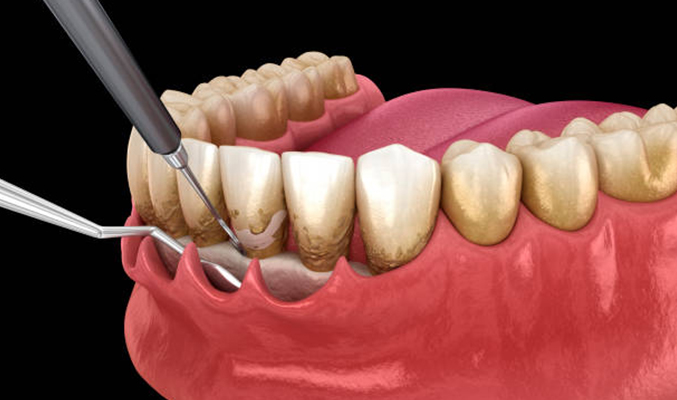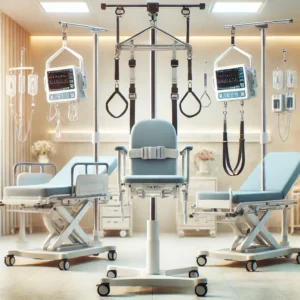Creatinine is a word that might sound complicated, but it’s actually a very important part of understanding how healthy your body is. If you’ve ever had a blood test, you’ve probably seen the word “creatinine” pop up in the results. But what is creatinine, and why does it matter? Well, let’s break it down in simple terms.
Creatinine is a waste product that comes from a chemical called creatine, which is found in your muscles. Every time you move your muscles, creatine breaks down to give energy, and creatinine is the leftover part. Your kidneys are responsible for getting rid of creatinine from your body through urine. Keeping track of creatinine levels in your blood can help doctors figure out if your kidneys are working properly.
Why Do We Measure Creatinine?
Creatinine levels are an important indicator of kidney health. Since it’s your kidneys’ job to filter out creatinine from your blood, high levels of it could mean that your kidneys aren’t doing their job as well as they should. A creatinine test is often included in routine blood tests to make sure your kidneys are working properly.
If your creatinine levels are too high, it might be a sign of kidney disease or other problems that need attention. For example, if someone is experiencing fatigue, swelling, or changes in urination, doctors might check creatinine levels to see if the kidneys are struggling.
Normal Creatinine Levels
So, what are normal creatinine levels? This can vary depending on age, gender, and muscle mass. For most adults, the normal range is between 0.6 to 1.2 milligrams per deciliter (mg/dL). Men often have slightly higher creatinine levels than women because they tend to have more muscle mass. Children usually have much lower levels because their bodies are still growing.
What Causes High Creatinine Levels?
There are several reasons why someone might have high creatinine levels, and it doesn’t always mean there’s a serious problem. Sometimes, intense exercise, eating a lot of meat, or dehydration can temporarily raise creatinine levels. However, if creatinine stays high, it could be a sign of kidney issues.
Some of the common causes of high creatinine include:
- Kidney disease: This is the most common reason for high creatinine levels. When the kidneys are damaged, they can’t filter creatinine as well, so it builds up in the blood.
- Dehydration: When your body doesn’t have enough water, creatinine levels can rise temporarily because the kidneys aren’t working at full strength.
- Certain medications: Some medications can affect kidney function and cause creatinine to go up.
What Happens When Creatinine Is Low?
Although less common, having low creatinine levels can happen too. This might occur if someone has very little muscle mass or if they’re malnourished. Sometimes, pregnancy can also cause lower creatinine levels because the body is working differently.
How To Lower Creatinine Levels
If your creatinine levels are high, don’t panic. There are several ways to help lower them, especially if the problem is caught early. Here are some tips for keeping your kidneys healthy and lowering creatinine levels:
- Stay Hydrated: Drinking plenty of water helps your kidneys flush out waste like creatinine.
- Eat a Balanced Diet: Reducing red meat and protein-rich foods can help lower creatinine. Focus on fruits, vegetables, and whole grains.
- Avoid Intense Exercise: While exercise is healthy, overdoing it can raise creatinine levels temporarily.
- Monitor Medications: Certain medications can impact your kidneys, so always check with your doctor if you’re concerned about their effect on your creatinine levels.
Creatinine and Kidney Function: What You Should Know
When it comes to kidney health, creatinine is just one piece of the puzzle. Doctors often use something called the glomerular filtration rate (GFR) alongside creatinine levels to get a better understanding of how well your kidneys are functioning. GFR measures how much blood your kidneys filter per minute, and together with creatinine, it helps give a more complete picture.
If your creatinine is high but your GFR is normal, it might not be a big issue. But if both creatinine and GFR are off, doctors will likely investigate further to see if something is wrong with your kidneys.
When Should You Get Your Creatinine Checked?
It’s a good idea to get your creatinine levels checked during routine blood tests, especially if you have a family history of kidney problems. If you’re experiencing symptoms like fatigue, swelling, or changes in how much you pee, it could also be worth asking your doctor for a creatinine test.
If you have conditions like diabetes or high blood pressure, regular creatinine tests are important since these conditions can increase the risk of kidney disease.
Conclusion: Take Care of Your Kidneys and Monitor Creatinine
In summary, creatinine might seem like just another number on a blood test, but it plays a key role in monitoring kidney health. Keeping track of your creatinine levels helps ensure that your kidneys are working properly, and if there are any issues, they can be caught early.
Remember, you don’t need to be a doctor to understand creatinine. By staying hydrated, eating a balanced diet, and getting regular check-ups, you can keep your kidneys healthy and keep creatinine levels in check. And if anything seems off, don’t hesitate to consult with your healthcare provider.













